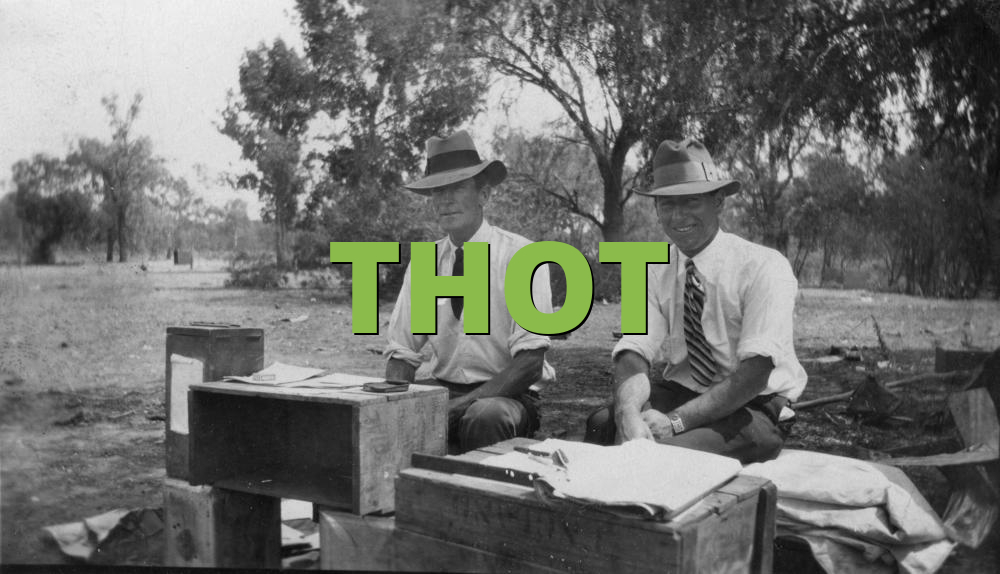The internet has become a breeding ground for new slang terms, some harmless and others carrying significant weight. One such term that has gained traction is “thottie,” often used to describe women online. Understanding the meaning and implications of this word is crucial in navigating the complexities of digital communication. This article will delve into the definition of “thottie,” explore its usage in various contexts, and address the concerns surrounding its negative connotations and potential for objectification.
“Thottie” Definition
At its core, what does thottie mean? It’s a slang term primarily used online to describe a woman perceived as promiscuous or sexually available. The term often implies that a woman is overly concerned with her appearance and uses it to attract male attention. It can be seen as a derogatory label, reducing a woman’s worth to her perceived sexual behavior.
While the exact origin of “thottie” remains unclear, its usage has become widespread in online spaces like social media platforms and forums. The term often appears in comments, captions, and even usernames, reflecting its prevalence in digital culture.
It’s important to note that the definition of “thottie” can be subjective and vary depending on individual interpretations and cultural contexts. What one person considers a “thottie” another might perceive as simply confident or fashionable.
Slang Term Usage
The usage of “thottie” is primarily confined to online spaces, reflecting its association with internet culture and slang. It’s frequently used in comments sections, social media posts, and online forums where users engage in discussions about various topics, including relationships, fashion, and celebrity gossip.
Within these online communities, “thottie” can be used in different ways, ranging from playful banter to outright insults. Sometimes it’s employed as a label for fictional characters or celebrities perceived as embodying certain stereotypes. Other times, it’s directed at real individuals, often with malicious intent.
Online Context
The internet provides a platform for anonymity and unfiltered expression, which can contribute to the proliferation of harmful slang terms like “thottie.” Online communities often foster a culture where users feel less inhibited about using derogatory language, as they may perceive themselves as shielded from real-world consequences.
Furthermore, the fast-paced nature of online communication can lead to misunderstandings and misinterpretations. The lack of nonverbal cues and emotional context can amplify the potential for offense when using terms like “thottie,” which are inherently loaded with negative connotations.
Negative Connotations
The term “thottie” carries significant negative connotations, primarily stemming from its association with promiscuity and objectification. It reduces women to their perceived sexual behavior, ignoring their individuality, intelligence, and other qualities that contribute to their worth as human beings.
Using “thottie” perpetuates harmful stereotypes about women and reinforces the idea that their value is solely determined by their sexual availability. This can have damaging consequences for women’s self-esteem and contribute to a culture where they are judged and objectified based on their appearance and perceived sexuality.
Objectification Concerns
The use of “thottie” raises serious concerns about the objectification of women. By reducing women to objects of sexual desire, it strips them of their agency and autonomy. It implies that their primary purpose is to satisfy male desires, disregarding their thoughts, feelings, and aspirations beyond the realm of sexuality.
This objectification can have a profound impact on women’s lives, contributing to a culture where they are more vulnerable to harassment, violence, and discrimination. It reinforces harmful power dynamics and perpetuates the notion that women exist solely for the pleasure and gratification of men.
Conclusion
“Thottie” is a slang term with deeply problematic connotations. While its usage may seem commonplace in certain online communities, it’s crucial to recognize the harm it inflicts on women by perpetuating harmful stereotypes and objectification. Promoting respectful and inclusive language is essential for creating a healthier online environment where individuals are valued for their multifaceted identities rather than reduced to simplistic labels based on perceived sexuality.



